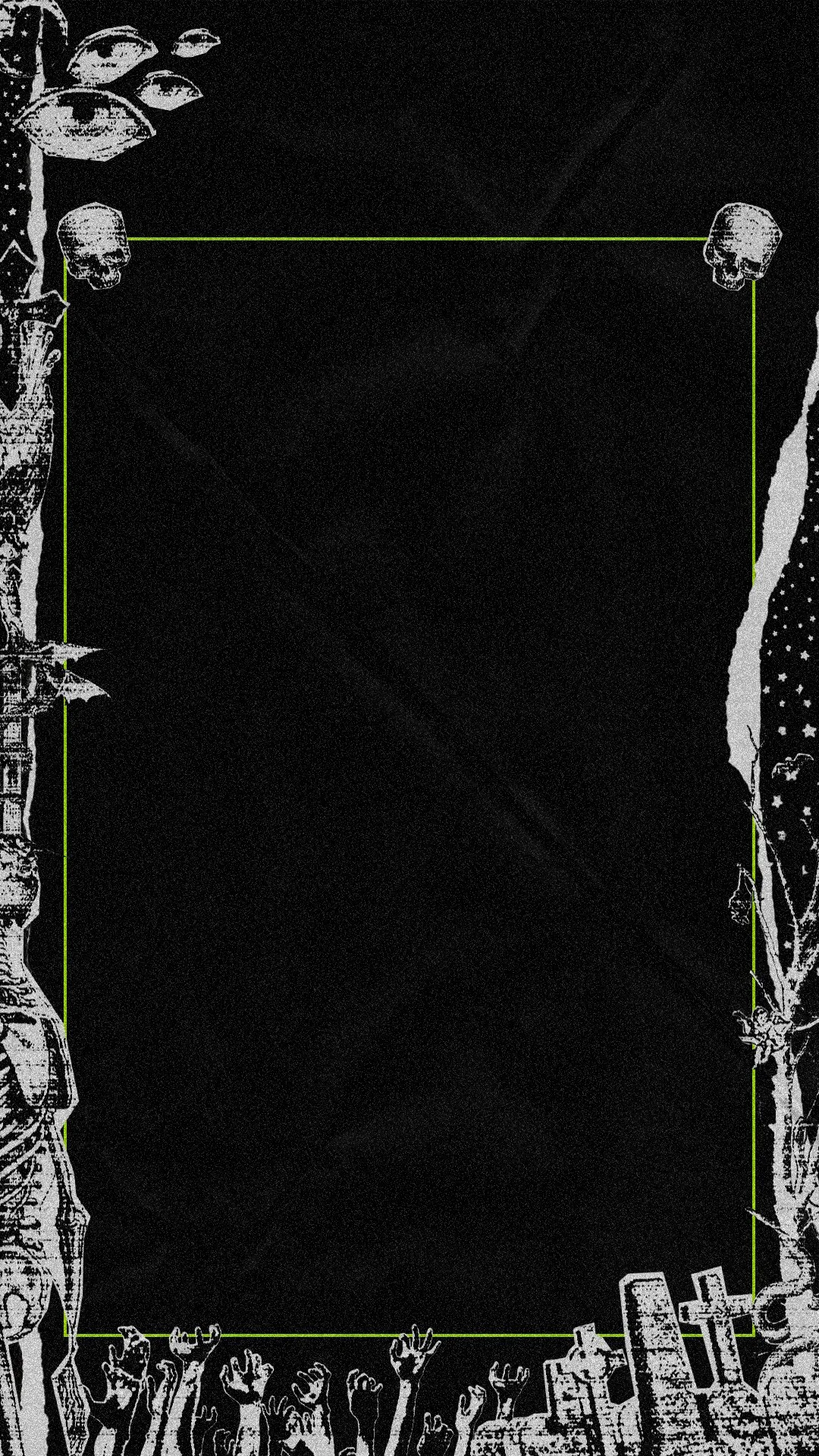
GROUPER - “Headache”
Released in 2016, Headache serves as a tender introduction to the two track EP Paradise Valley. The song is based on grief, survival and resilience. Shown on the cover art and the EP Title, Paradise Valley offers a more clear, brighter tone to Groupers music, in her interview with Sarah Rose Etter she explains, “I instead noticed, felt glad for, the brighter colour; image of the sun, noticed instead points of lights in each song.”
The Paradise Valley EP was recorded around 2012 but Grouper felt that it needed some time and belonged with something else but she suddenly felt they were ready to be released alone.
In Grouper’s style, this song is built around a single atmospheric instrument - in this case; guitar. No drums, no bass. Just a guitar. The simplicity draws your attention to her words and voice, allowing the emotion to come through undistracted. Her voice is delicate and vulnerable almost embodying a siren, alone out at sea, singing to an open void as the reverb blankets the song in melancholy, creating a beautiful, sad fog that surrounds you.
I love Grouper’s gift of turning minimalism into something beautifully painful. She effortlessly captures the ache of solitude in the way she sings, the ambience she adds to her songs and the way she uses effects like reverb and delay; It call comes together to create what I like to describe her music - hauntingly beautiful.
When the verse begins, the guitar is made primarily of downward strumming; creating steady, heartbeat-like rhythm that keeps the song in a sombre, meditative state.
There is white noise and a subtle tape hiss in the background filling the empty space and creating a delicate, vintage texture that compliments the song’s emotional vulnerability - almost like it is playing from an old cassette, worn by memories.
“Headache” serves as a bridge between Grouper’s earlier, experimental. ambient work and her later, more structured singer-songwriter material. It feels slightly brighter than her darker, ambient pieces found on ‘A I A: Alien Observer’ or ‘The Man Who Died On His Boat’, yet still holds her signature hazy aesthetic. The mix is clearer, with her vocals and guitar more prominent allowing you to pay closer attention to her writing which I will breakdown my own personal interpretation.
“My mother once told me. She walked into the ocean” - Grouper often uses water and oceans as symbols of sorrow or escapism. Much like the oceans vast, unfathomable depths, overwhelming emotions can feel endless and consuming, swallowing a person whole in the same way the sea might.
“Mother once told me” suggests her mother, too, has faced hardships that led her to seek solace in the sea. It’s a passed-down method of coping, tried and tested and Grouper seems to be following in her footsteps, reinforcing the idea that sorrow runs in the family, possibly hereditary. Much like the saying “The apple doesn’t fall far from the tree”, neither does emotional pain and I feel this theme can be echoed in Grouper’s earlier song ‘Poison Tree’, which can be seen as a metaphor for a damaged family lineage - rooted in suffering bearing fruit laced with inherited sadness - poison.
“Didn’t want to die, Just couldn’t tell where the horizon was. Wanted to have a closer look.” - If water symbolizes sadness, then the horizon represents its edge - the potential end of that sorrow. Her mother doesn’t enter the ‘water’ to drown in it, but to sit within her solitude and grief, observing how far it stretches and where it may finally end, planning her course of action to reach there.
“Why is this costume weighing me down?” - This line works as a double entendre. On the surface, it refers to her literal swimming costume becoming heavier as she goes into the ocean. But on a deeper level, “costume” can be seen as a metaphor for a mask or persona - something worn to inauthentically fit in or feel better, as if the burden of pretending to be something they are not is weighing heavy on them. I love how the line is presented as a question hinting at the expectation for this coping mechanism to work with no faults.
The need to fit in also links to her name ‘Grouper’. Grouper are a diverse group of large, marine ray-finned fish with the ability to camouflage, mirroring an emotional defence mechanism we adopt to blend in or protect ourselves, even if doing so becomes exhausting, it’s all about the need to survive
“And my head hurts, Tear the sails down." - Linking to the song title, Grouper expresses the mental strain of her current situation whether it is too much to process or simply too painful to carry, she demands the sails on her boat to be taken down. Boat sails use wind to propel the boat through water into the desired direction and wind is also commonly used as a metaphor for life’s unkown course of direction so by demanding the sails be town down; she’s surrendering. It’s a quiet plea to drift aimlessly, to give up control and be left alone in the vast, endless sea of her emotions. I feel this is later represented when she says “Tired of being lonely, Trying to rest and I don’t wanna get up.”
“Error lies in hoping.”- It can hurt a lot to have high hopes in something only to watch it fall apart. Grouper captures the weight of that disappointment - the sense that believing, investing and hoping were somehow a mistake. To her, the act of hoping itself feels like an error, as if it is wrong to expect anything from a given situation putting the saying “expect nothing and you won’t be disappointed” into practise.
“Walking in the deep water” - This seems to suggest she has left the safety of her ‘boat’ choosing to step into the deep, fully immersing herself into the depths of her emotions. The way the line fades out towards the end sonically mirrors the act of fully submerging into the sea.
“Lines, lines on the back of my hand” - The phrase “I know it like the back of my hand” is a common saying used when you know something so well that it feels as natural and recognisable as the back of one’s own hand. Another common association with hands comes from palm reading, where the lines on one’s palm are believed to reveal aspects of a person’s character and even predict their future. Interestingly, our palm lines shift over time - some fading, others forming anew which reflects the idea that our experiences can quite literally reshape us. Further, looking at the back of your hand, you see veins and etched lines forming a unique pattern making up who you are. With all this combined, I believe that Grouper is saying that her life experiences - with all of it’s hardships have shaped her and it’s become so familiar that it feels like second nature to her.
“Why does love keep letting me down?”- I feel this is Grouper confessing the core of her sorrow. It is almost as if Grouper is personifying love, as if it is a physical being who has let her down so many times that it must be consciously going against her. The fact it ‘keeps’ letting her down evidently shows why she is so exhausted and doesn't want to get up anymore.
“Write the lines with the back of my hand!” - To me, it feels like she is telling the one who hurt her to go ahead and leave their mark, almost as if she is used to it by now, ready to add this new wound to the long pattern of scars that have shaped her. This joined with an old form of punishment - being struck on the back of the hand - is almost as if she is being punished for trusting an hoping which she has previously expressed is an error, in result creating a truly haunting image.
Overall, Headache is a beautiful song that captures the delicate ache of emotional vulnerability and the journey of wanting to understand and heal from her pain.

